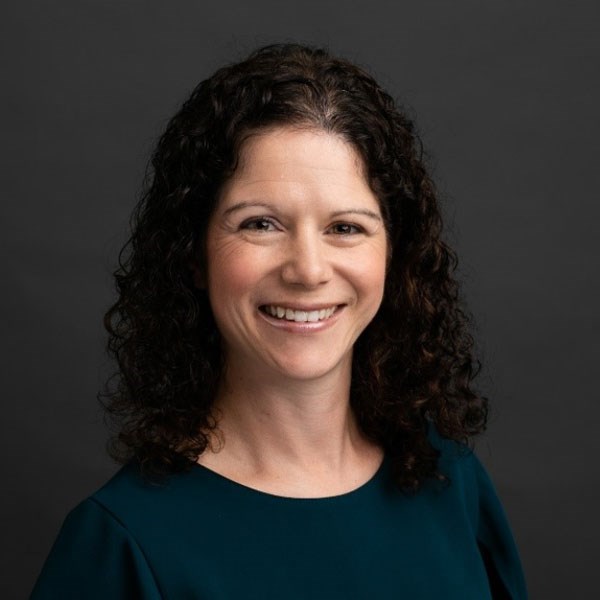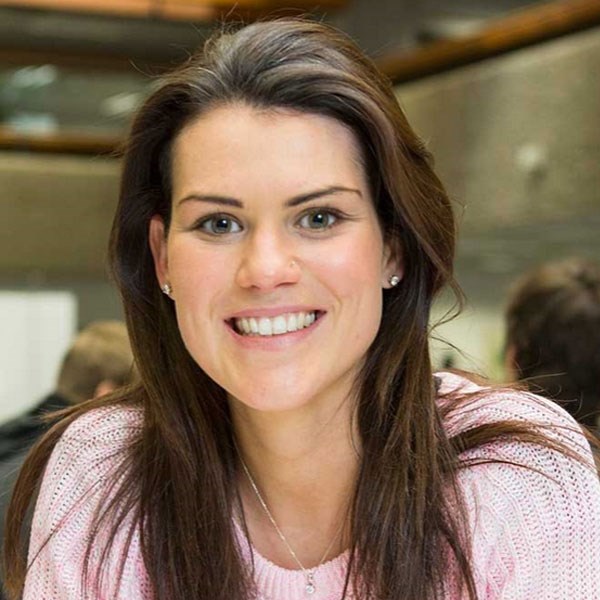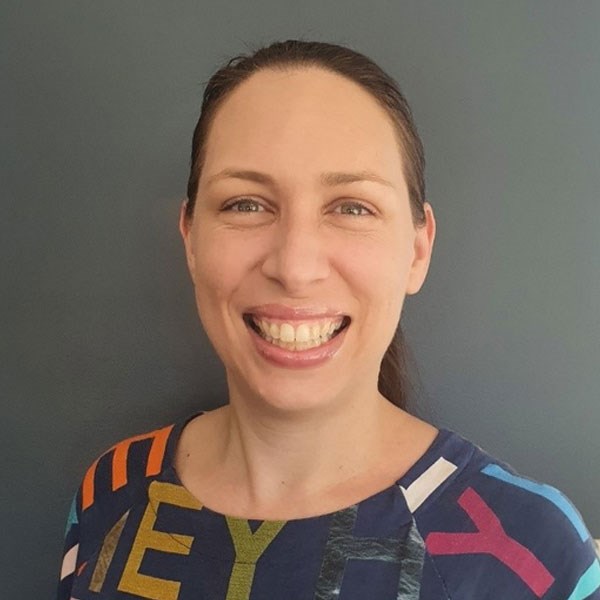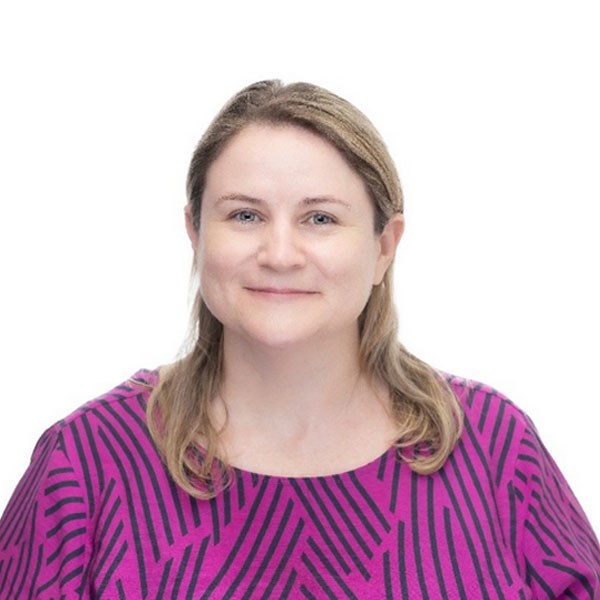2022 Research Grants recipients
Almost $300,000 was awarded to four researchers across Australia to generate new knowledge with the potential to drive improvements in stroke prevention, treatment, and care.
Stroke Foundation Seed Grants
The 2022 Grant Round offered 3 Seed grants ($70,000 each) as a platform for Early and Early-Mid Career Researchers to test their ideas, gain experience in leading a small project and tackle evidence and implementation gaps in stroke prevention, treatment and recovery.
- Health services and pathways of stroke management shown to have efficacy, using a translational design (i.e. implementation studies to translate evidence into acute and subacute practice).
- Long-term community support beyond 6 months post-stroke (e.g. interventions to improve continuity of care, community health services, primary care, social isolation). One (1) Seed Grant is allocated to this priority area in this funding round.
- Long-term psychosocial recovery beyond 6 months post-stroke (i.e. interventions for recovery of cognition, communication, and emotional and social wellbeing).
Recipients
 |
Dr Natalie Fini - The University of Melbourne |
 |
Dr Emma Wallace - University of Sydney |
 |
Dr Brooke Ryan - University of Technology Sydney |
Lady Marigold Southey Aphasia Research Grant
This inaugural grant of $100,000 was made possible by an incredible and generous donation by Stroke Foundation Patron, Lady Marigold Southey, as well as wonderful donations by Stroke Foundation supporters.
Stroke Foundation aims to continue investment towards specific Aphasia research (at a minimum biennially), through the generosity of our donors - we know that this will be warmly welcomed by the Australian stroke research community and those survivors of stroke for whom Aphasia is an ongoing challenge in their daily lives, their relationships and their ability to return to work.
Through further research investment into Aphasia, stroke researchers will have a better chance of finding the answers about which therapies enable people with Aphasia to recover; as well as explore more ways for their family members and loved ones to support them.
- Developing new behavioural and neurobiological methods for measuring, predicting and understanding aphasia recovery.
- Optimising dose of aphasia treatment across the recovery continuum.
- Use of technology and digital health to enable access to aphasia rehabilitation and community participation.
- The development of accessible interventions to optimise mental health and well-being for people with aphasia and their carers.
Recipient
 |
Dr Jessica Campbell - University of Queensland
|
About the projects
Fit 4 Me After Stroke – A Phase I/IIA Clinical Trial
Being physically active is important for preventing stroke and cardiovascular disease. People who have suffered a stroke are at a higher risk of future health problems, including having another stroke. It can be challenging for many survivors of stroke to be physically active due to stroke-related weakness, poor balance, and memory difficulties. Treatments are needed to help survivors improve their health by starting and sustaining regular physical activity.
This research aims to test a program of personalised, engaging, and targeted physical activity programs designed by Dr Fini’s team in conjunction with survivors of stroke and stroke clinicians.
The aim is to determine what physical activity dose (how much and how intense) is acceptable, feasible and safe for survivors of stroke, and is also effective at improving their cardiovascular health. This will ultimately reduce their risk of future stroke and cardiovascular disease.
Why is this work important?
After discharge from hospital, survivors of stroke report there is not enough support to help them manage their health, and this includes participation in physical activity. Enabling survivors to lead healthy, active lives will help to prevent future stroke and cardiovascular disease.
This research aims to discover “how much” physical activity is achievable for people after stroke and “how intense” this activity needs to be to have a positive effect on health. The team hopes to help survivors of stroke improve their long-term health by giving them lifelong tools to become physically active. The physical activity programs being tested in this research have been co-designed with consumers, carers, and clinicians. This method will ensure the programs are practical, acceptable, and more likely to be used long-term by survivors of stroke.
A dysphagia telerehabilitation program for stroke survivors living in the community – evaluating the effectiveness and feasibility
Up to 50 per cent of survivors of stroke will experience long-term swallowing difficulties, known as dysphagia. Dysphagia causes frequent choking, dehydration, malnutrition, and social isolation. Despite this, access to swallowing rehabilitation for stroke survivors is limited, especially for those living in rural and remote areas.
This study will examine consumer satisfaction and feasibility of a low-cost tele-rehabilitation program to improve swallowing for stroke survivors. Long-term, this program will reduce healthcare costs and improve quality of life for many stroke survivors living with dysphagia in the community.
Why is this work important?
Dysphagia is a hidden disability which often remains untreated. However, it has a significant impact on quality of life and long-term health for survivors of stroke. This is the first study to evaluate a swallowing tele-rehabilitation program for stroke survivors living with dysphagia in the community. This new model of care will enhance access to swallowing rehabilitation for stroke survivors who would otherwise remain untreated, improving their quality of life and health.
Surviving and Thriving AfteR Stroke (STARS): Family-focused interventions for stroke survivors with children
Families can face significant and stressful challenges when a parent experiences a stroke. Preliminary discussions with families have highlighted a critical need to better recognise the impacts of stroke on the family unit and provide support for the whole family, especially for children. To start addressing this need, Dr Brooke Ryan has put together a team of experts in stroke, as well as child, youth, and mental health to oversee the research. This research will allow Dr Ryan’s team to work with parents with stroke and their families, from all over Australia, to develop an intervention. Creative methods, such as drawing and games, will be used to engage children in the research.
The research will aim to be accessible to as many people as possible, recognising the importance of including people with communication and cognitive problems after stroke. The team will also work alongside stroke clinicians and services to understand their needs in delivering optimal care. Together they will problem solve what should be in a family-based intervention, and how it should be delivered.
The project will aim to provide age-appropriate resources for children under 18 years old as well as the stroke survivor and treating team.
Why is this work important?
It is estimated that stroke in young adults represents up to 15 percent of all strokes. Many young adult stroke survivors are likely to be parents and have children living at home. Everyone, including children can be affected by the consequences of parental stroke. For example, behavioural and psychological problems (stress, anxiety, depression, anger) are common. Parents with stroke and their families are an extremely vulnerable group, with high unmet needs, and are at significant risk of poor family functioning. Parents with stroke and spouses have told us they want services to better support family adjustment, parenting, and their children’s specific needs. Clinicians have also told us they want to improve the support provided to this group but need guidance on exactly what to do.
CHAT-Maintain: Maintaining language and quality of life gains with low-dose technology-delivered aphasia therapy
Around 30 percent of survivors of stroke live with aphasia. Aphasia is difficulty with language – talking, reading, understanding and writing. One good treatment for the condition is intensive therapy, but for some, that is not enough for long lasting language improvement. In this research trial, people with aphasia will be trained to drive self-directed home therapy with technology for six months (after intensive therapy). Speech therapists, volunteers and peer mentors with aphasia will provide ongoing support. The results of people participating in CHAT-Maintain will be compared with those who are not.
Why is this important?
Aphasia is debilitating and frustrating for survivors and their loved ones. This research will help us understand the best treatment for long-lasting improvement for people with aphasia which will ultimately improve quality of life. Results and resources will be shared with stroke support groups, conferences, speech pathologists and other health professionals.
